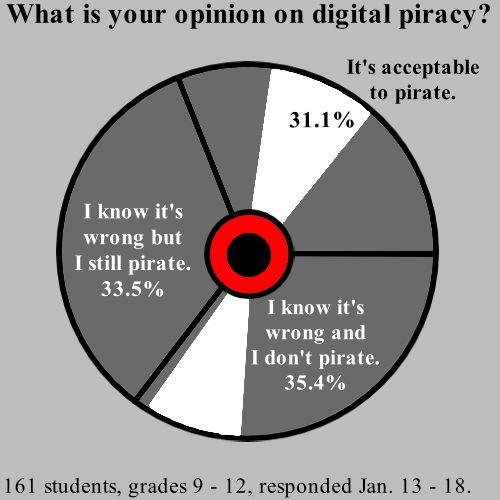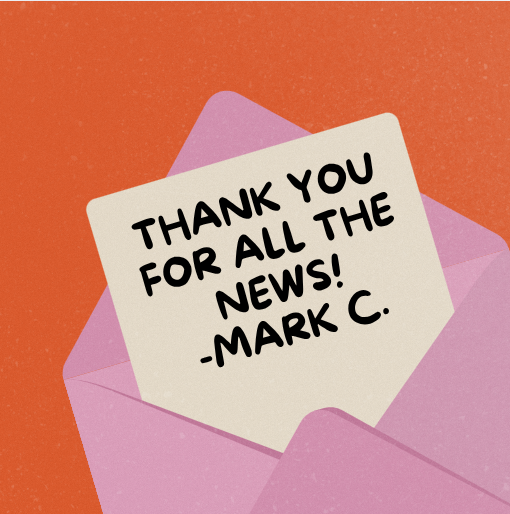By Jordan Liu | Copy Editor
Whether it is using a friend’s Netflix account, streaming anime on a questionable website, or secretly downloading a game for free, nearly everyone has pirated something online before. Still, a heated debate surrounding the ethics of pirating remains, with some people painting it as completely justifiable and others condemning it as a heinous crime. However, there are both positive and negative aspects to digital piracy and its multifaceted nature must be recognized, rather than it being viewed as a simple black-or-white issue.
Despite its illegal nature, digital piracy- the unauthorized copying, redistributing, and use of digital media and software- has seen a recent increase, with pirated video material alone garnering 230 billion views every year, according to Forbes. Digital piracy is not going anywhere anytime soon, so it is best if people on both sides of the ethical argument become aware of the complexities of piracy.
The phrase “piracy is not a victimless crime” is unfortunately true, and many people who casually pirate online fail to realize this. It is easy not to comprehend the harm one’s actions can cause, especially when it comes to digital piracy, but people must learn that there is always a victim to their crime. While giant billion-dollar corporations may not feel the full effects of piracy, pirating from less-established companies, indie creators, or small businesses takes away potential sales that sustain them.
A product’s creators or owners are not the only ones harmed by digital pirating. According to the Recording Industry Association of America, 70,000 American employees are laid off every year due to the loss of revenue caused by pirating. Piracy does not hurt faceless figures behind a screen- it can affect individuals’ livelihoods.
Yet it must also be acknowledged that pirating is not a wholly harmful act. It can be an effective method of boycotting problematic creators or production companies. Pirating allows consumers to still enjoy products without monetarily supporting the owner, all while sending a message to them to either start changing their ways or continue to lose money.
Additionally, while all many see is the monetary loss that comes with pirating, in some cases this loss can have a positive effect. In 2019, Indiana University researchers discovered that the threat of digital piracy keeps companies from raising their prices too high for fear that they could lose potential customers. Excessive pirating and high losses tell companies to adjust their prices and accommodate consumers, putting a check on their power.
“Our results do not imply that [corporations] should, all of a sudden, start actively encouraging piracy,” wrote Antino Kim, a researcher at Indiana University. “The implication is simply that… [the] manufacturer and retailer should recognize that a certain level of piracy or its threat might actually be beneficial.”
Rather than painting digital piracy as simply bad or good, people must realize that the ethics of pirating are flexible and take that into account when forming opinions on it. When one resorts to digital piracy, one should refrain from pirating from struggling creators or small businesses and consider who they might harm. Those who are averse to piracy can still oppose it without blindly villainizing it and recognizing the benefits it may have.
In a world where lines are constantly blurred, it is critical to remember that even piracy, something that may seem straightforward, is still not black or white- there is far more to it than meets the eye.







